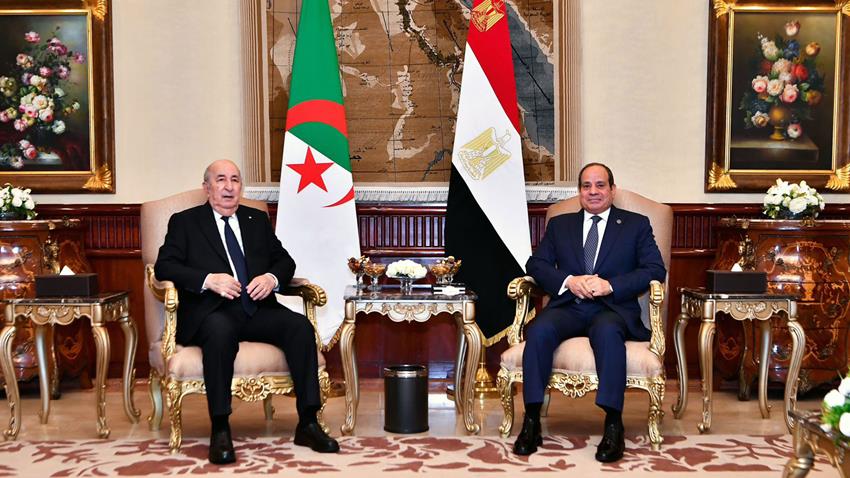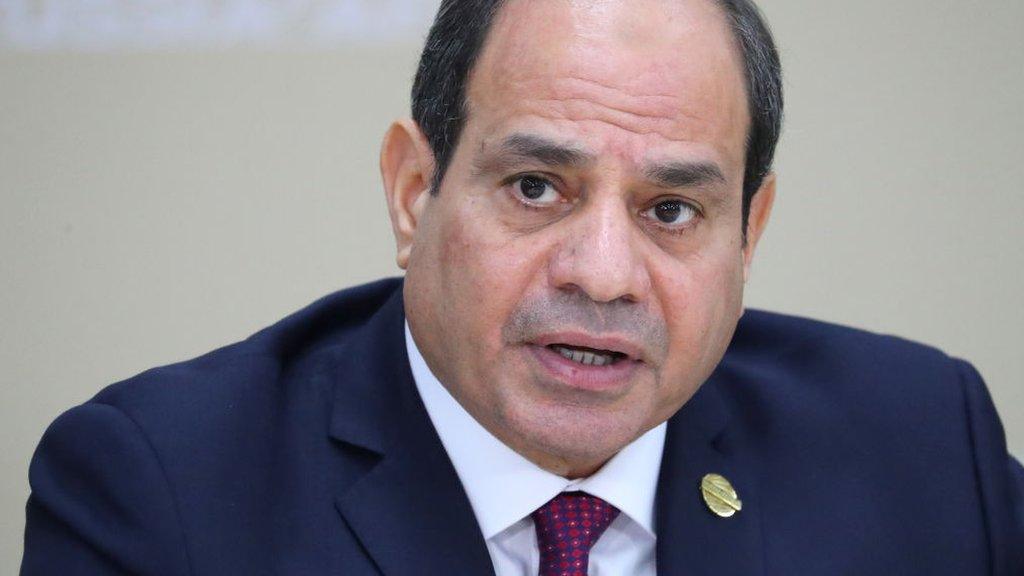Egyptian President Abdel Fattah Al-Sisi announced a proposal on Sunday 27 October for a two-day ceasefire in Gaza to facilitate the exchange of four Hamas-held Israeli hostages for several Palestinian prisoners. The proposal was rejected by Israeli Prime Minister Benjamin Netanyahu, as reported by news outlets.
The proposal was made public during a press conference in Egypt, held alongside Algerian President Abdelmadjid Tebboune.
The announcement comes as the conflict has seen a significant escalation, with Israeli airstrikes resulting in the deaths of at least 45 Palestinians in one day.
During the press conference, Al-Sisi emphasized the need for immediate action to alleviate the suffering of civilians caught in the crossfire.
The Egyptian President highlighted that the proposed ceasefire would facilitate the exchange of hostages and pave the way for further negotiations to achieve a comprehensive ceasefire and to ensure the entry of humanitarian aid into Gaza.
Al-Sisi also mentioned that negotiations to end the war should resume within ten days after the temporary ceasefire, focusing on a longer-lasting resolution to the conflict.

Israeli Channel 12 reported that Netanyahu, National Security Minister Itamar Ben Gvir, and far-right Finance Minister Bezalel Smotrich have rejected Egypt’s new proposal for a ceasefire on Sunday 27 October.
The Egyptian proposal was presented for discussion in the smaller Israeli ministerial council, known as the “kitchen cabinet”—a term that refers to a group of senior officials who assist the Security Cabinet.
The proposal then garnered majority support from senior officials, except for Netanyahu, Ben Gvir, and Smotrich.
According to Channel 12, Netanyahu opposes a ceasefire because he believes it would happen for two days before the release of Israeli hostages, stressing that “negotiations should only take place under fire.”
The United Nations has voiced alarm over the humanitarian conditions, with Secretary-General Antonio Guterres describing the levels of death, injury, and destruction in northern Gaza as “harrowing.”
On 22 November, Israel stated explicitly that it will persist with its military operations until Hamas is eliminated as a threat. Its objective is to dismantle Hamas’s military capabilities and its governing authority in Gaza.
“I expect Hamas would listen to the new offers, but it remains determined that any agreement must end the war and get Israeli forces out of Gaza,” a Palestinian official involved in the mediation efforts told Reuters on Sunday 27 October.







Comments (0)